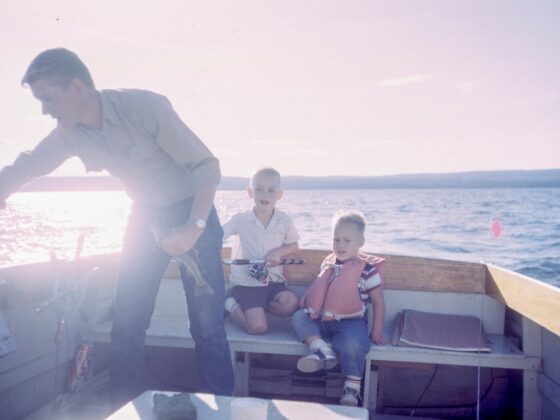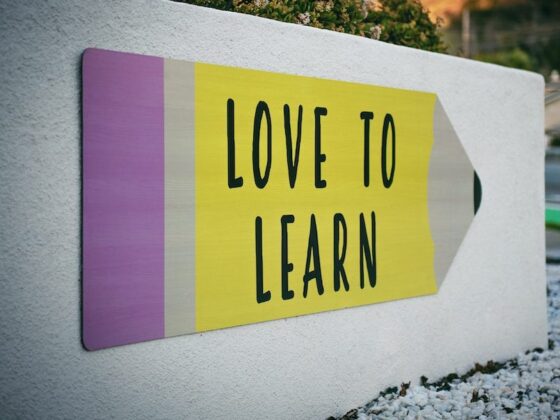Schools in Australia are just finishing up their summer break! Often beginning the first week of December, with students returning to school in March, summer learning loss is only beginning to be a topic of thought in Australian education circles.
While summer learning loss as a national phenomenom has gained recognition across schools, legislatures and parents in the US, our friends down under are just starting their work.
For most Australians, summer camps and educational opportunities are not the normal experience. Only 12% of school aged children attend or participate in any type of summer learning opportunity. Australia also lacks the pervasive “summer reading” messages and programming that have multiplied in the United States.
An acquaintance of mine was transferred to Australia for two years and had the chance to take her ThinkStretch books with her. While her students enjoyed a mid-winter summer, complete with Christmas celebrations and New Year revelry, she was able to keep up with school year learning simply and easily.
As we have learned here, it takes much less time to maintain school year skills than it does to re-teach lost skills. While having 100% of students involved in academic and enrichment activities over the summer may not be a feasible goal, having 100% of students maintain their school year learning over the summer is an attainable goal.
A holiday gift to our friends down under could be our knowledge that 20 minutes of reading, 5 days a week is enough is to maintain reading skill levels over the summer. We share that frequent, short bursts of math fact practice are painless and keep those memorized facts easy to recall. And that all students benefit from hands on STEM activities that can be done at home. We send our message that “learning never stops” to Australia and look forward to what we can learn from them.
We have made tremendous progress in the US working to stop summer brain drain, educating parents and schools that learning should not stop as the school closes for summer, and understanding that every child loses learning if they do not practice over the summer. We have much to be proud of and much work still to do, but sometimes seeing ourselves in relation to the world can give us pride in our accomplishments.





